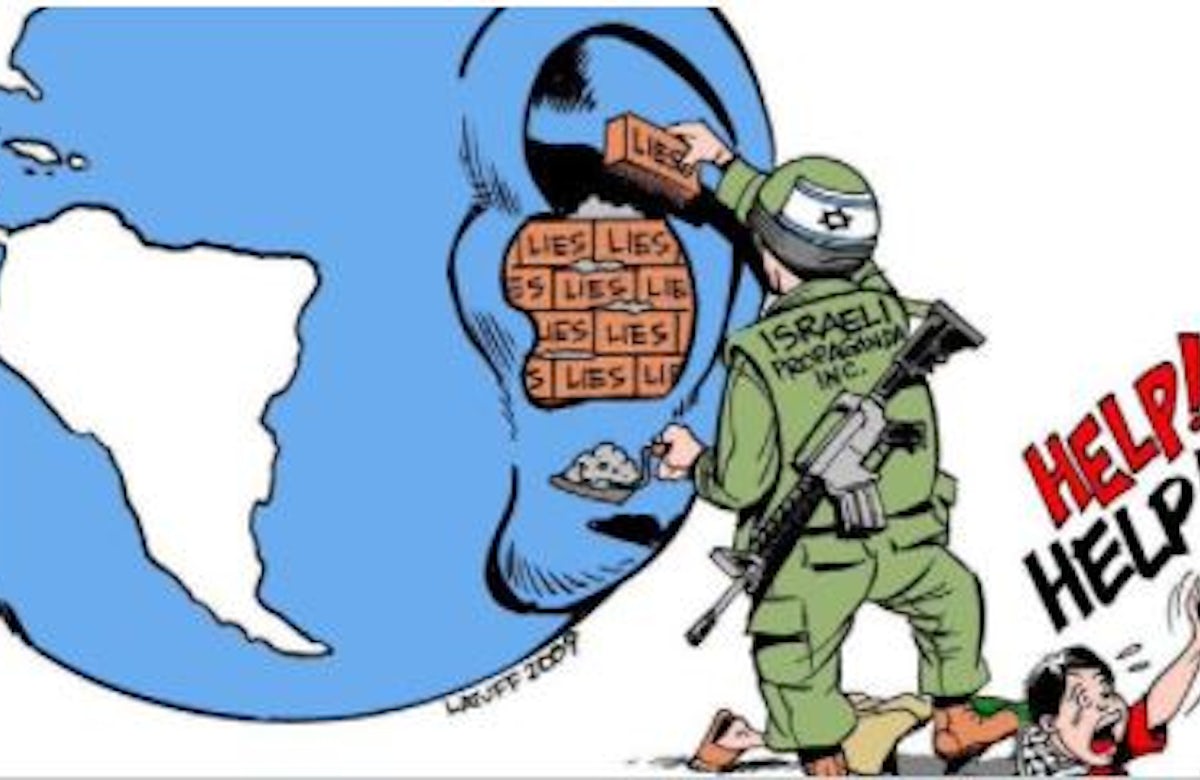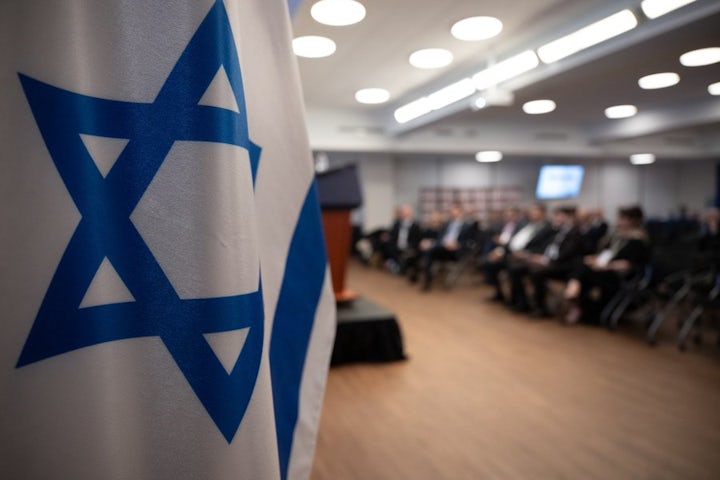The translation of this interview originally appeared in the Israeli newspaper Ynet.
The professor that ridiculed my Israeli name, my dorm peers that called me an apartheid apologist five minutes after they met me, and being called “too Israeli,” the antisemitsm in the United States and especially on campuses isn’t being disguised and students like me are across the country are being targeted.
Over the summer, as Jews and Diaspora Israelis around the world watched rockets rain down on Tel Aviv, many young Americans felt another war brewing — one against the very legitimacy of Israel. As an Israeli-American, I felt the brunt of it — I was called a Nazi, illegitimate, a rat. I was sent countless death threats simply on the basis of my nationality. Even before Operation Guardian of the Walls, antisemitism online was rising, and xenophobia targeted against Israelis was becoming all too common.
My first experience with anti-Israeli xenophobia happened on one of my first days at American University in Washington, D.C. I was sitting in the common room of my dorm talking with other students about where we all come from. It was the first time in my life where a majority of my friends were non-Jewish. As I was introducing myself, someone asked me where I was from because my name sounded foreign. When I mentioned I was Israeli, the student who asked where I was from looked me in the eyes and said I was an apartheid apologist and white colonizer. I was shocked. I didn’t understand how someone could direct those words at someone they just met.
Growing up as an Israeli-American meant having one foot in each community. Growing up partly in Israel and in America surrounded by Israeli-immigrant parents and family friends where Hebrew was mostly spoken then engaging in American Jewish life meant explaining to each community what the other felt. Acting as a medium, or a Hollywood medium as my friend calls me, for the Israeli and American community consisted of having long conversations where I had to explain to Americans the Israeli perspective at school then coming home and having the same exact conversation reversed. As opposed to most American Jews, I grew up with stories of my grandfather fighting in the Yom Kippur and Six-Day war, my parents service in the IDF, and my own experience living through an outbreak of a war and a suicide bus bombing behind my school. Having those stories and experiences has helped me explain the Israeli narrative to American Jews and going to school with American Jews has helped me explain the American Jewish experience to Israelis who are often frustrated with them.
One of the biggest disconnects I see between the Israeli and American Jewish community is the understanding of what antisemitism looks like. In 2022, there isn’t one way antisemitism manifests in the United States— it’s broken down into three categories: 1. Xenophobia targeted towards Israelis, 2. Antisemitism masked as “criticism of Israel,” and 3. Historical manifestations of antisemitism.
Xenophobia against Israelis isn’t something that is hidden anymore—it’s on full display on social media, university campuses, and day-to-day interactions. I’ve been called “too Israeli” to my face, a foreign invader on social media, and was met with a contempt-filled “oh” by a professor who heard my name on the first day of class. As I tell my family these stories, I'm met with confusion and disgust — “why do they hate you for who you are?” This hate does not happen in a vacuum — It’s due to a larger phenomenon where antisemitism is disguised as criticism of Israel. Israelis are all too familiar and comfortable with criticizing the government and its policies, but on college campuses, those criticisms take the form of calling for the destruction of the Jewish state, holding American Jews accountable for the actions of the Israeli government, and even asking Jews how many Palestinians they have killed. According to student groups on campuses across the United States, excluding Zionist students from support groups constitutes as criticism of a foreign government.
While antisemitism disguised as anti-Zionism is increasing, historical Nazi-like antisemitism has not gone away, with countless swastikas drawn on campuses across the United States, including my own. At universities across the world, students are faced with Nazi salutes, some professors attempt to defend Hitler, and students downplay the Holocaust. There are countless of stories from students who are ostracized, demonized, and held accountable because of their Jewish identity and their connection to the land of Israel.
Living in Israel, I thought antisemitism didn’t exist anymore—I mean, haven’t we learned anything from the Holocaust? Haven't we learned anything from history? The answer is no. Antisemitism continues to plague American campuses every single day as administrators look the other way in hopes it’ll go away by itself. In 2022, history is once again repeating itself.








